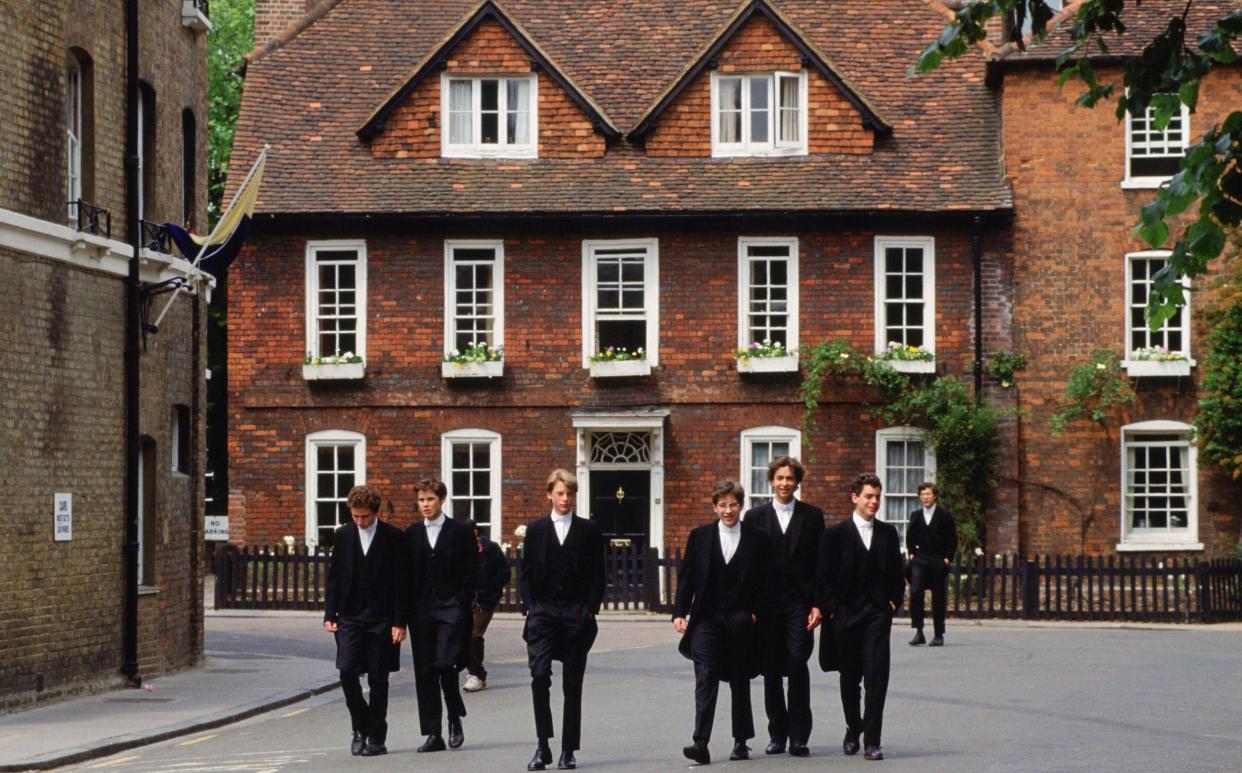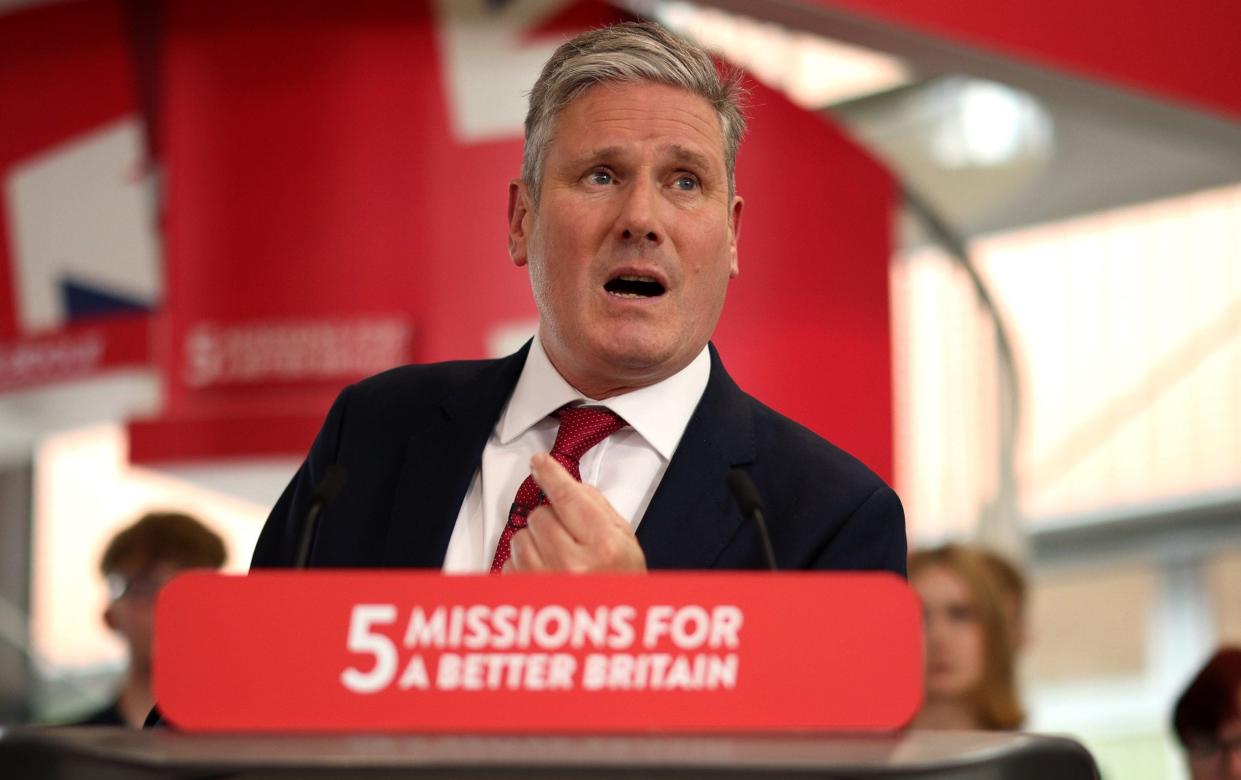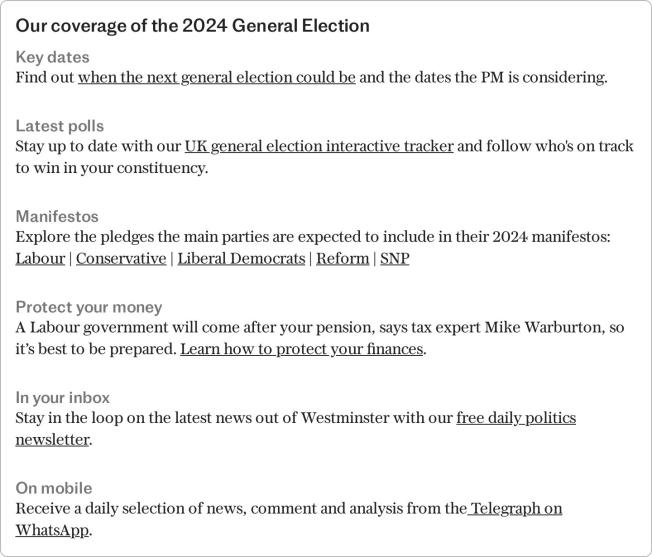Labour’s private school VAT raid could force part-time boarding, say experts

Labour’s private school VAT raid could force a rise in part-time boarding, experts have warned.
The 20 per cent hike threatened by Sir Keir Starmer is likely to prompt parents to seek flexible alternatives to the traditional boarding model, potentially damaging the sense of community that is one of the sector’s main selling points.
Fees are already set to rise by an average of 6.2 per cent next year, The Telegraph revealed this week. That, plus the added VAT - described by Conservatives as the “politics of envy” - would stretch the budgets of even the top earners.
On Friday, the Boarding Schools Association (BSA) warned that parents could demand more flexible arrangements with schools.
David Walker, the BSA chairman said that, while there was not yet systematic evidence of such a trend, “it is a cost-cutting measure that some parents would certainly consider”.
“There would be an inevitable impact on the already strained finances of schools, particularly those at the smaller end of the spectrum,” he said.

Meanwhile, a leading family lawyer told The Telegraph that clients were already discussing switching to more flexible forms of boarding, moving to more affordable schools or abandoning private education altogether.
According to the latest Independent Schools Council figures, 22 per cent of private school boarders have weekly or flexi boarding arrangements, rather than full-time boarding. This is up from 15.7 per cent in 2016.
Systems vary, with some schools demanding the same nights each week, while others offering a nightly charge.
“Many working parents value weekly and flexi boarding options, but the strength of boarding often lies in consistency of community,” said Mr Walker.
He added: “The bottom line is that schools want to maximise their boarding numbers so flexibility is usually less preferable from a financial perspective, although it may be the right thing for an individual student pastorally.”
Sir Keir Starmer said last week that the policy would be implemented “straight away”. However, the party has so far published virtually no detail about its scope.
Affordable moves in private education
Sarah Jane Boon, a family law partner at Charles Russell Speechlys, said: “I’m seeing already parents having that conversation about their child remaining in private school, but potentially a less expensive private school.
“So your child may be boarding, and they say well could they still be a boarder?
“Or a central private school might be more expensive than one in the home counties, so they might be thinking about whether that’s an affordable move.”
She added that the imposition of the tax risked disrupting family continuity.
“That’s difficult because with children of that age, the children themselves might have that expectation - they may have siblings, cousins, parents who went to those schools and in lots of families there’s a real tradition and heritage of everybody going to the same school.”
The law firm also warned that the Labour policy might have the unintended impact of placing greater pressure on the family courts, as many separated parents are committed to court-imposed obligations to privately educate their children as part of their divorce.
“If Labour do form the next government, there may be increasing numbers of parents who seek to vary their court obligations on the grounds of affordability” the firm said in a statement.
Labour has said that it will raise £1.7 billion from the policy - a claim strongly disputed by the independent sector.
“Labour will invest in delivering a brilliant state education for all our children, funded by ending tax breaks for private schools,” the party says.
“Independent schools have raised fees above inflation for well over a decade and do not have to pass Labour’s proposed change onto parents.”



